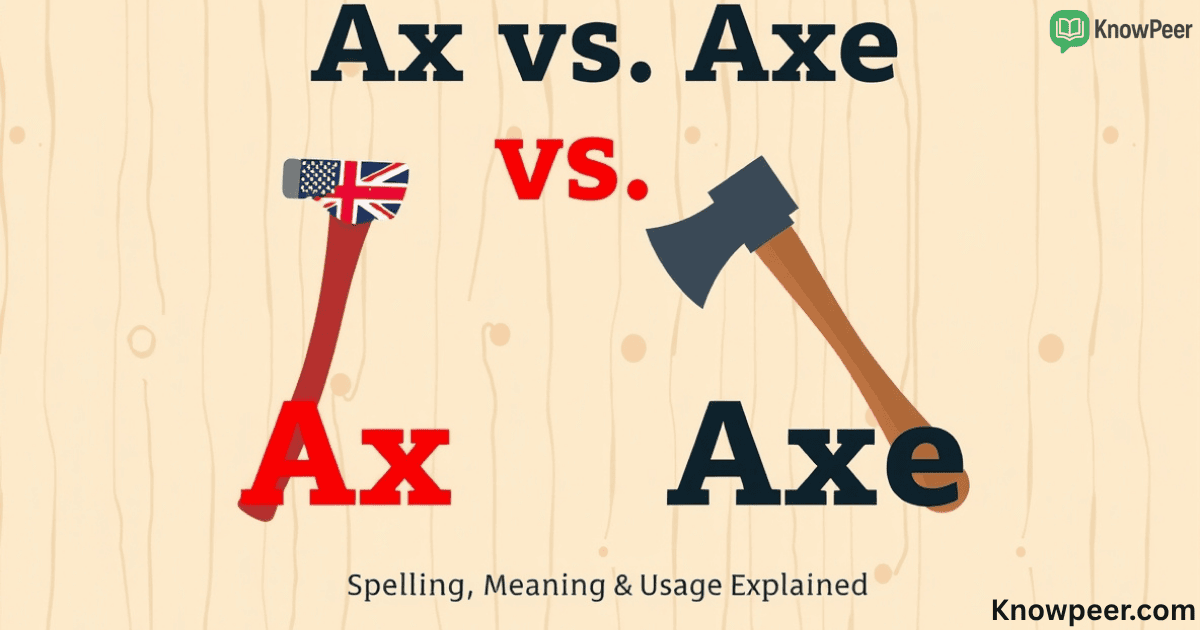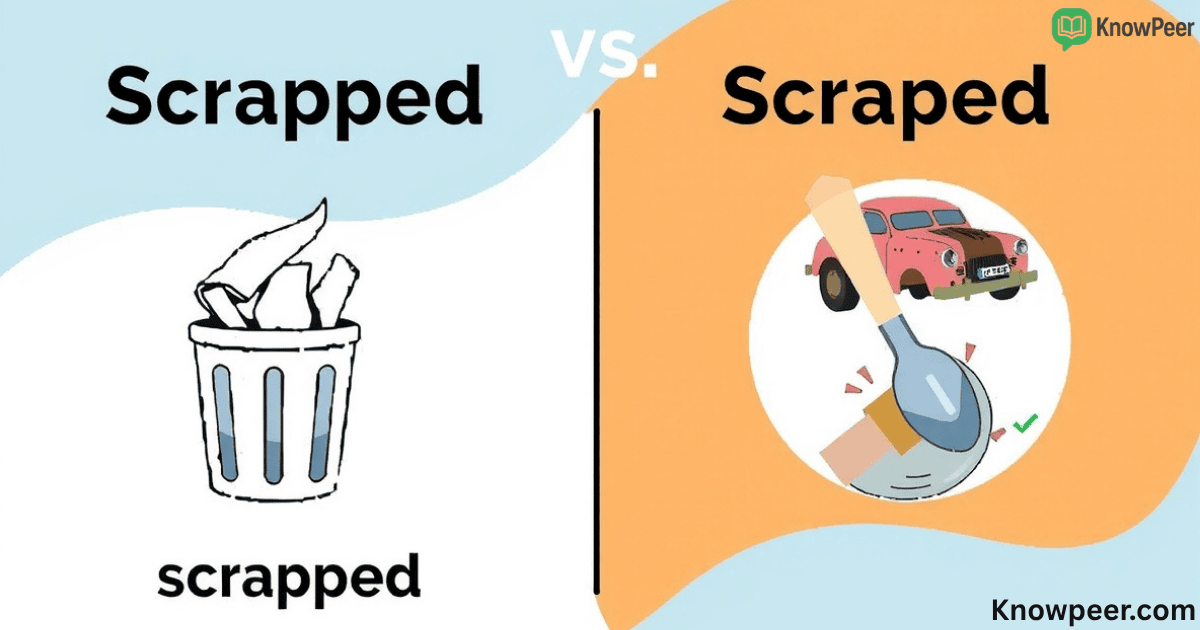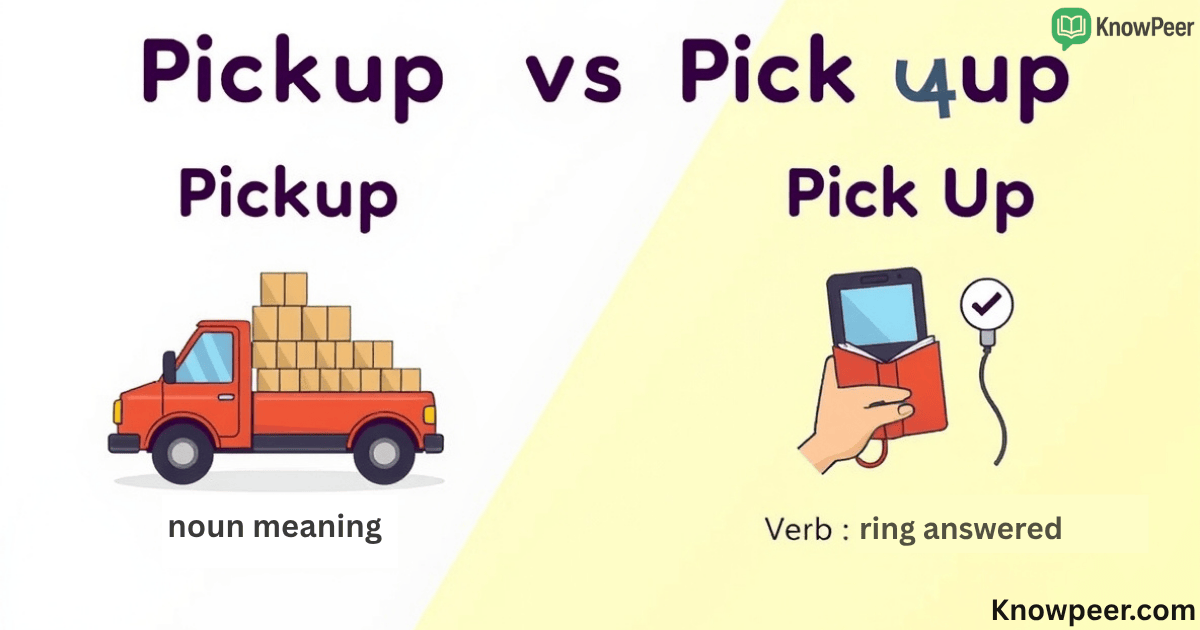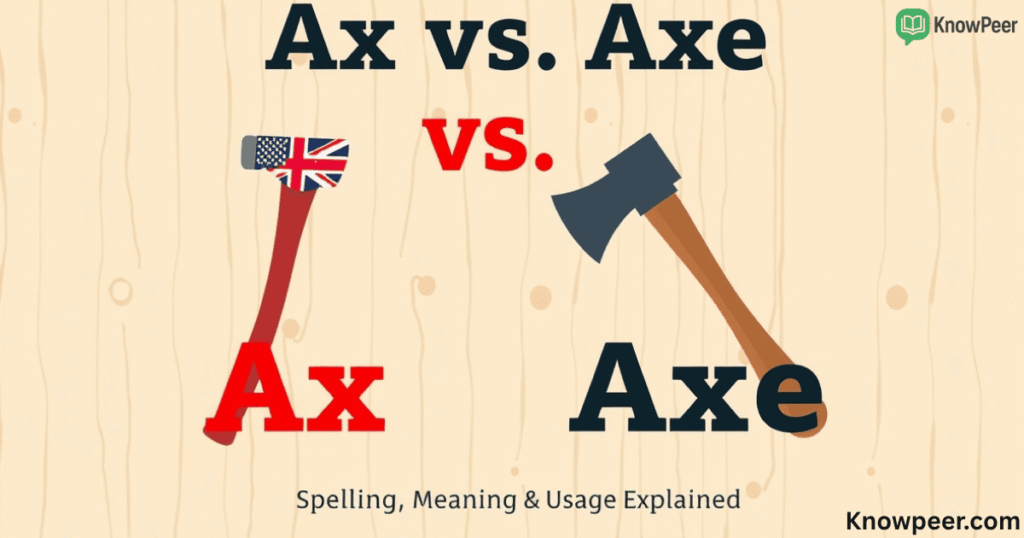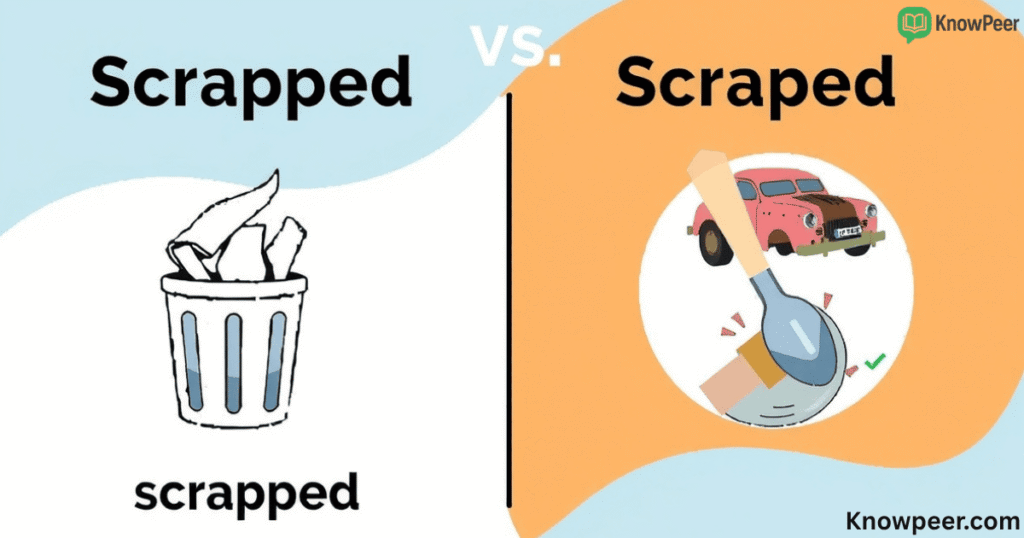When you write a resume, job application, or business email, small details can matter a lot. One common question many people have is whether to use skill set, skillset, or skill-set. These forms look similar, but they are not all correct in formal writing. You might wonder: Is it skillset or skill set? Or should I hyphenate skill set? This article will explain the correct form of Skill Set vs. Skillset vs. Skill-Set, where to use it, and why it matters. We will also look at how experts like the Chicago Manual of Style, AP Stylebook, Oxford English Dictionary, and Merriam-Webster dictionary guide us on this topic.
The Origins and Meaning of Skill Set
The term skill set comes from two simple words. Skill means the ability to do something well. Set refers to a group or collection. When we put these two words together, they form a noun phrase that means a group of skills that belong together. For example, a person who works in marketing might have a skill set that includes writing, data analysis, and social media management. The skill set meaning is simply the list or group of abilities that help someone perform a job.
This form first became common in job-related language in the twentieth century. As workplaces became more specialized, people began talking about a skill set rather than just a single skill. The skill set definition today refers to both technical skills like coding or using software, and soft skills like communication or teamwork. So, when you hear someone say “What is your skill set?” they want to know what collection of skills you have for the task at hand.
Skill Set: The Standard and Preferred Form
When writing a resume, job description, or business letter, the form skill set is the preferred and correct version. This is what most style guides recommend, including the Chicago Manual of Style and AP Stylebook. Both guides support using skill set as two separate words. It is clear, easy to read, and follows the rules of standard professional writing terms.
You will find the two-word form in trusted sources like the Merriam-Webster dictionary and the Oxford English Dictionary. In formal and business communication, this is the form that shows attention to detail. For example, a sentence might say: Her skill set includes project management and financial planning. Below is a simple table to help you see where skill set fits in formal writing.
| Form | Preferred for | Example |
| Skill set | Formal writing, resumes, job descriptions | “His skill set matches the job requirements.” |
Skillset: The Emerging Compound Form

You might have seen skillset written as one word, especially in informal places like blogs or social media posts. The rise of digital communication style has made this form more common. Just like how web site became website over time, some writers feel skillset is simpler. However, style experts still view skillset as informal. Grammar tools like Microsoft Editor and Grammarly suggestions will often mark skillset as a mistake or offer to change it to skill set.
English does see words change over time. This process is called word evolution in English. Words like email or website started as two words, then became compound nouns. Some people think skillset may one day become the standard. But for now, in professional writing terms, skill set is still the safer choice. Using skillset in formal documents can look sloppy or careless.
Skill-Set: The Hyphenated Form
Many people wonder: Why not use skill-set? or Should I hyphenate skill set? The answer is simple. The form skill-set does not follow modern hyphen usage rules. In most cases, we use hyphens to join words when they work together to describe a noun. For example, well-known author uses a hyphen because the two words act as one idea to describe the noun author. But skill set is itself a noun phrase. We do not need a hyphen to join the words because they work as a pair to name a thing, not describe it.
In rare cases, you might see skill-set used by mistake. Some writers use the hyphen to try to make the phrase look formal or neat. But this form is not correct in formal vs informal writing. Style experts advise avoiding it. Grammar checkers like Grammarly or Microsoft Editor will flag it as an error.
Regional and Contextual Usage of Skill Set and Skillset
The use of skill set, skillset, and skill-set can vary slightly depending on the region. In the United States, skill set is almost always the accepted form in formal documents, resumes, and business writing. The same is true in Canada. In the United Kingdom and Australia, people also prefer skill set in formal writing, though skillset might appear in casual or digital writing. This difference reflects UK vs US spelling patterns and how languages change regionally.
In modern job markets, digital trends have also played a role. On LinkedIn profiles and in SEO writing, people may choose skillset to save space or make text flow faster. But for resumes, cover letters, and other formal documents, skill set remains the top choice. This is because employers and recruiters expect clarity in writing and word consistency.
Guidance from Style and Grammar Authorities
The Chicago Manual of Style, a respected guide for many editors and writers, clearly supports using skill set. The AP Stylebook also advises writers to keep it as two words Skill Set vs. Skillset vs. Skill-Set. Dictionaries such as Merriam-Webster and the Oxford English Dictionary both list skill set as the correct and main form. If you use a grammar checker tool, it will likely suggest changing skillset or skill-set to skill set. This shows the importance of following trusted sources when making word choices for business communication and professional writing terms.
It’s important to remember that Microsoft Editor, Grammarly, and other tools are helpful, but you should also check official style guides. These guides help writers stay consistent, which is key when creating documents like job applications or company reports.
When to Use Each Form: Contextual Best Practices
If you’re writing a resume, cover letter, or academic paper, always choose skill set. This form looks polished and professional. It also meets the expectations of hiring managers who read your job description terms. In business communication, using the correct form of skill set shows that you pay attention to small but important writing details.
In informal writing, like blogs or social media posts, you might come across skillset. Some readers won’t mind this form, but it’s still better to use skill set if you want to sound clear and smart. Remember, the goal is always clarity in writing. It helps the reader understand your point without confusion. In digital writing, where space is tight, skillset may pop up more often. But for formal settings, stick to skill set.
Common Mistakes to Avoid

A common mistake is switching between skill set and skillset in the same document. This kind of word inconsistency can confuse readers and look careless. Another mistake is using skill-set thinking that the hyphen adds formality. But as we’ve seen, this form breaks standard grammar skill set rules. Writers should also avoid using too many hyphens where they are not needed, as this can make text harder to read. Below is a quick table for reference:
| Form | Use it for | Example |
| Skill set | Resumes, formal writing | “My skill set includes graphic design.” |
| Skillset | Informal or digital writing | “He has the right skillset for the project.” |
| Skill-set | Avoid in modern English | N/A |
The Future of the Term
Language changes over time. Think of how web site became website or how email started as e-mail. The same could happen with skill set. Some experts in language modernization believe that skillset may gain ground as the simpler form, especially in casual writing. But for now, trusted guides and grammar tools still favor skill set.
The rise of AI tools and automated grammar checkers may also shape what is seen as correct. Tools like Grammarly and Microsoft Editor help users stick to accepted forms. In the future, we may see shifts in these recommendations as more people use digital communication style in everyday writing.
Case Study: From Web Site to Website
To understand how skill set vs skillset might evolve, look at the word website. In the early days of the internet, web site was the standard form. Over time, people started using website because it was shorter and easier. Style guides and dictionaries updated their entries to match how people wrote. The same could happen with skill set and skillset, but it takes time. Until that happens, using skill set is the safer choice in formal settings.
Quick Reference Table
| Form | Where to Use It | Example in Context |
| Skill set | Formal writing, resumes, job descriptions | “Her skill set includes coding and design.” |
| Skillset | Informal writing, social media, casual blogs | “He brings a strong skillset to the team.” |
| Skill-set | Do not use | N/A |
Final Thoughts
The debate over skill set, skillset, or skill-set may seem small, but it matters in formal writing. Using the correct form of skill set shows that you care about clear, accurate communication. This is key in resume tips, business communication, and any writing where first impressions count. While skillset is showing up more online, experts still recommend skill set for formal use. And the hyphenated skill-set? It’s best to avoid it. The next time you write a resume, cover letter, or LinkedIn summary, remember this guide. Small details like these can make a big difference.



